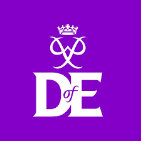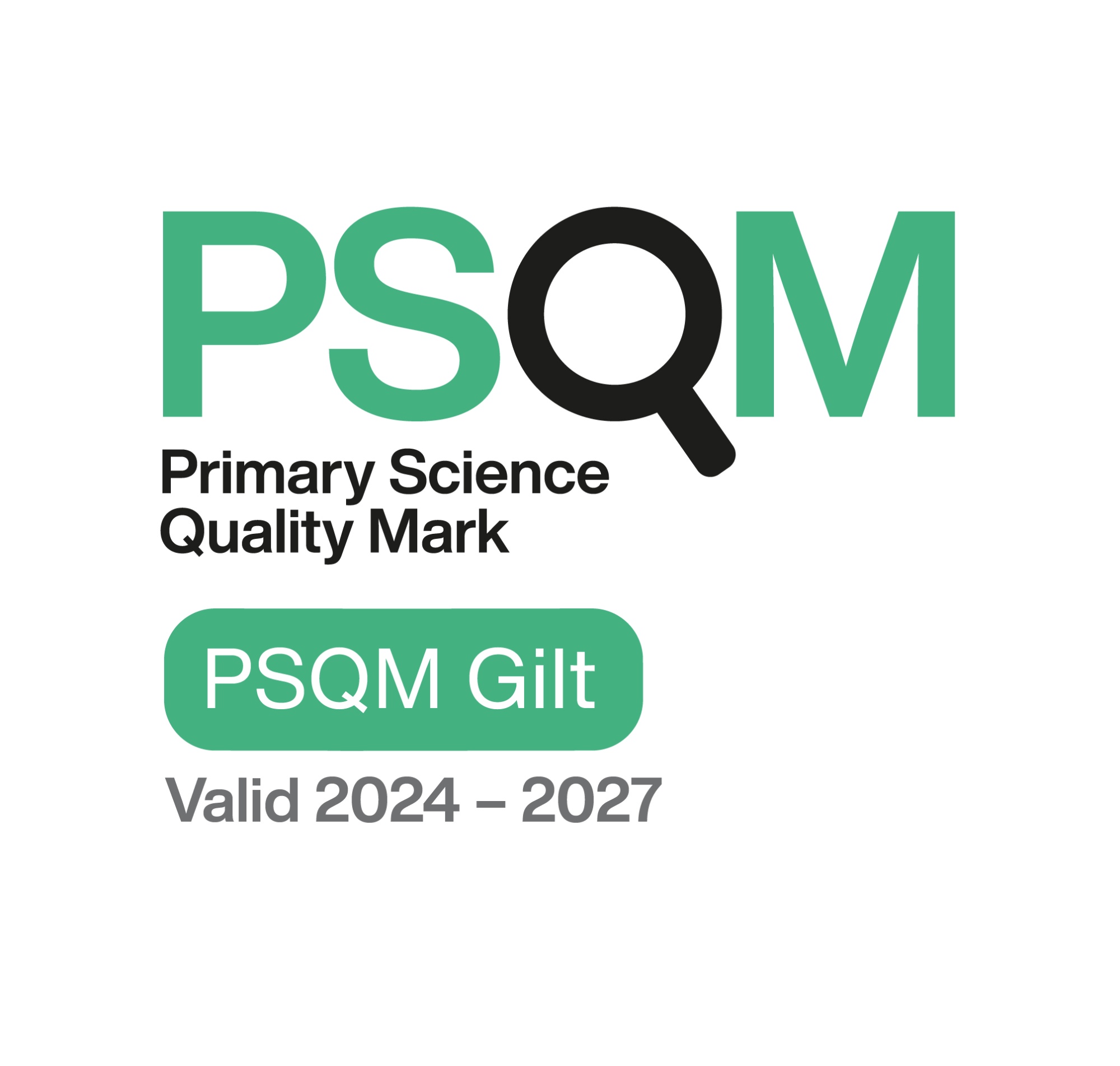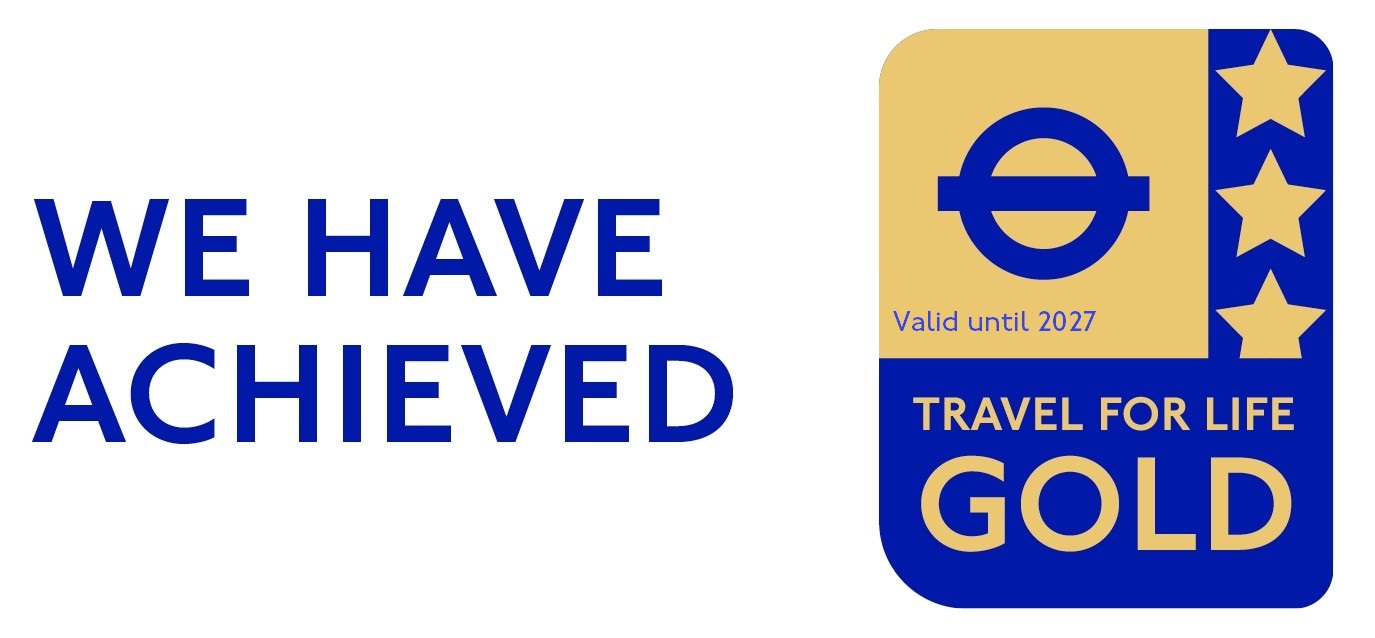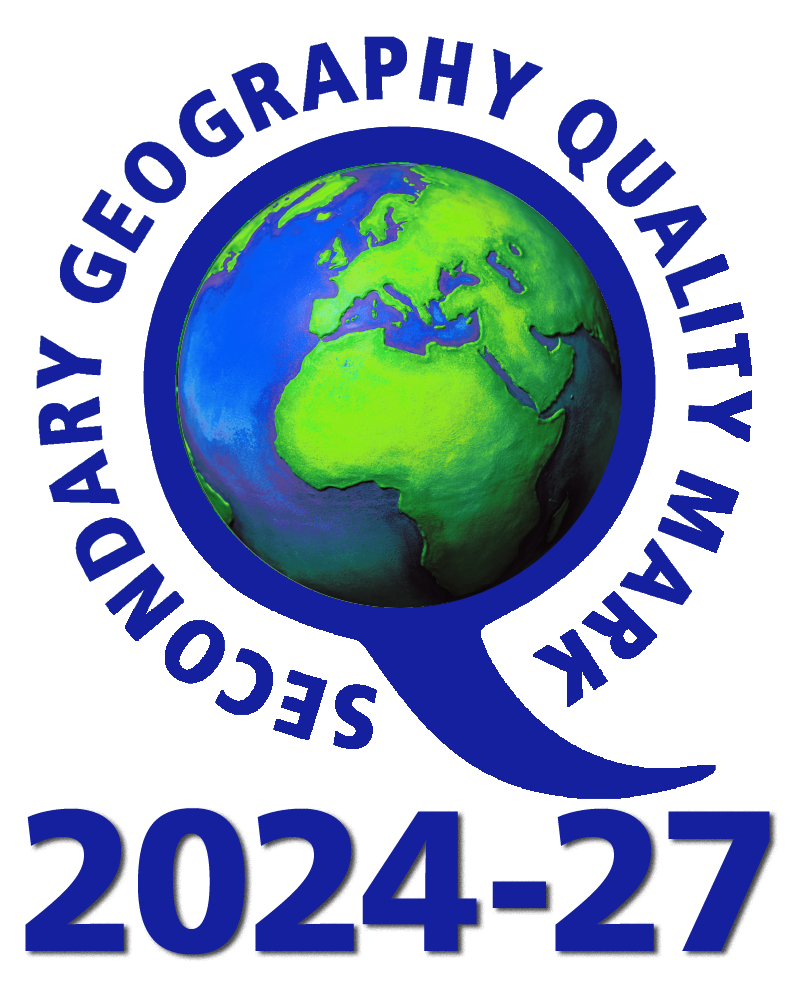

welcome to
Guru Nanak Sikh Primary
In the Primary Phase we welcome our pupils into the Early Years where we begin to lay the foundations for their future through nurturing them from the very beginning of their educational journey and igniting their curiosity for learning. As our pupils grow through the Primary Phase we strive to create the best learning opportunities for our pupils to help them grow academically, socially, spiritually and culturally.
Our pupils are academically challenged through an innovative and creative curriculum built with our pupils at the centre, ensuring they also have opportunities to learn beyond the classroom. Wellbeing and pupil safety is embedded into the ethos of our school ensuring we have pupils who are equipped with the necessary resilience, independence and knowledge to embrace the next stage of their educational journey beyond Year 6.
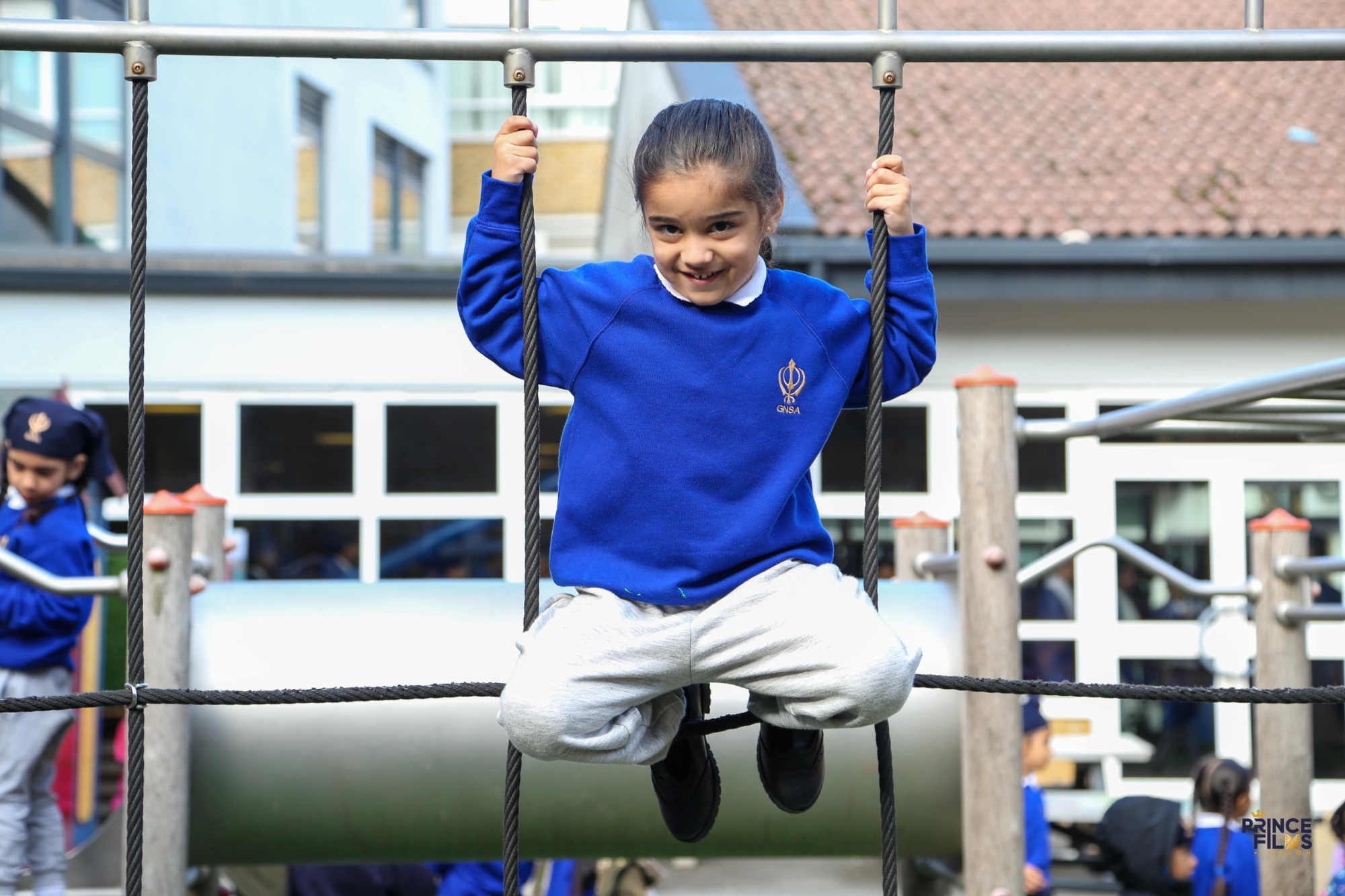
Testimonials

Thank you to all the teachers who have taught my child as her progression and development has improved so much, so I would like to thank you all for you support 😊
All your hearts are slightly bigger than the average human heart because you are all teachers. Thank you for supporting, encouraging & inspiring my child to do her best. Your efforts will always be cherished & remembered. Thank you.
Thank you to all teachers for giving support and providing good education to our children. All of the teachers are doing great hard work.
I’ve been at Guru Nanak Sikh Academy since reception and I will forever be grateful for the memories made along the way and the support of all my subject teachers and members of SLT. I will cherish the break and lunches with my friends at the school making great memories.
I have been at Guru Nanak Sikh Academy my whole life and now it feels weird that I am leaving. It became a second home to me and It was such a major part of my life, making me who I am today. I am grateful. Thank you

